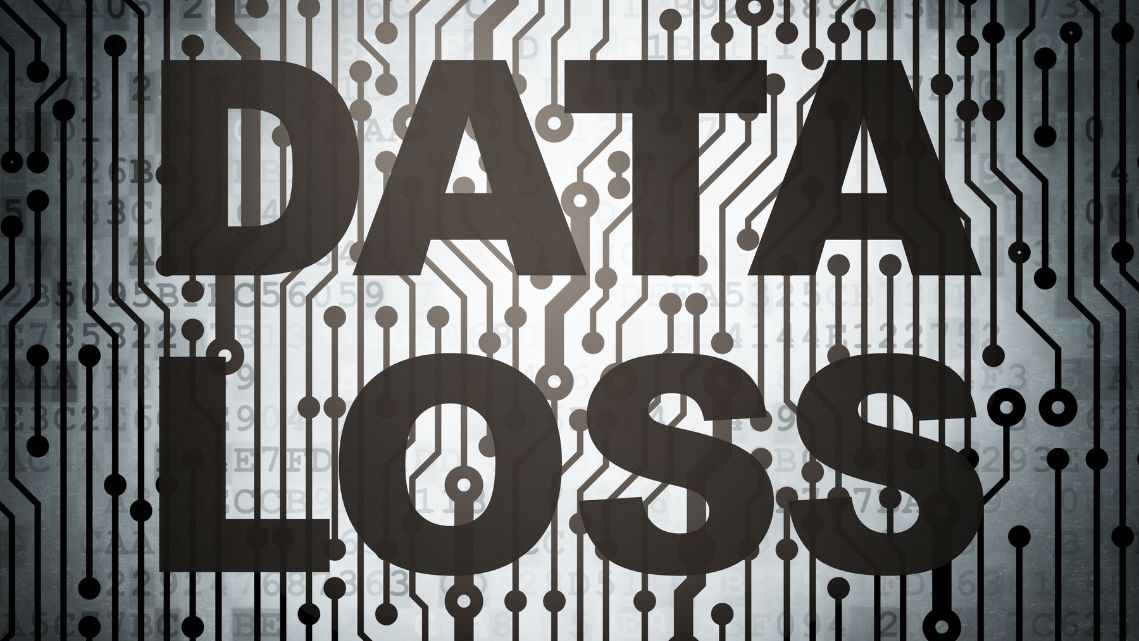In today’s digital landscape, where our personal and sensitive information is stored and accessed online, having a strong and secure password is of paramount importance. Passwords serve as the first line of defense against unauthorized access to our accounts, protecting our personal data, financial information, and online identities. In this blog, we will explore the significance of having a strong and secure password and provide tips on creating and managing them effectively.
Protection Against Unauthorized Access
A strong and secure password acts as a barrier, preventing unauthorized individuals from gaining access to your accounts and sensitive information. With the rise in cybercrime and hacking attempts, it’s crucial to create passwords that are difficult to guess or crack. A weak password makes it easier for attackers to breach your accounts and potentially steal your personal data or carry out malicious activities.
Your online accounts often contain a wealth of personal information, including your name, address, phone number, and even financial details. A strong password helps protect this sensitive information from falling into the wrong hands. By creating a robust password, you reduce the risk of identity theft, fraud, and unauthorized financial transactions.
Preventing Credential Stuffing Attacks
Credential stuffing is a common attack where hackers use stolen username and password combinations to gain unauthorized access to multiple accounts across different platforms. By having a unique and strong password for each of your accounts, you significantly reduce the risk of falling victim to credential stuffing attacks. Even if one account is compromised, your other accounts remain secure.
Enhancing Online Account Security
Many online platforms and services provide additional security measures, such as two-factor authentication (2FA) or multi-factor authentication (MFA). However, even with these additional layers of security, a strong password remains crucial. It acts as the primary defense mechanism for your accounts and provides an extra level of assurance in case other security measures fail.
Password Management Best Practices
Creating a strong and secure password is only part of the equation. Proper password management is equally important. Here are some tips to help you effectively manage your passwords:
- Avoid using easily guessable information such as your name, birthdate, or sequential numbers.
- Use a combination of uppercase and lowercase letters, numbers, and special characters.
- Make your password at least eight characters long, but longer is generally better.
- Avoid reusing passwords across different accounts. Each account should have a unique password.
- Consider using a password manager to securely store and generate strong passwords for your accounts.
- Regularly update your passwords, especially for critical accounts like email, banking, and social media.
Conclusion
In conclusion, having a strong and secure password is crucial for safeguarding your personal information, protecting against unauthorized access, and enhancing the security of your online accounts. By following password best practices and adopting secure password management techniques, you can significantly reduce the risk of falling victim to cyberattacks and ensure the safety of your digital presence.






